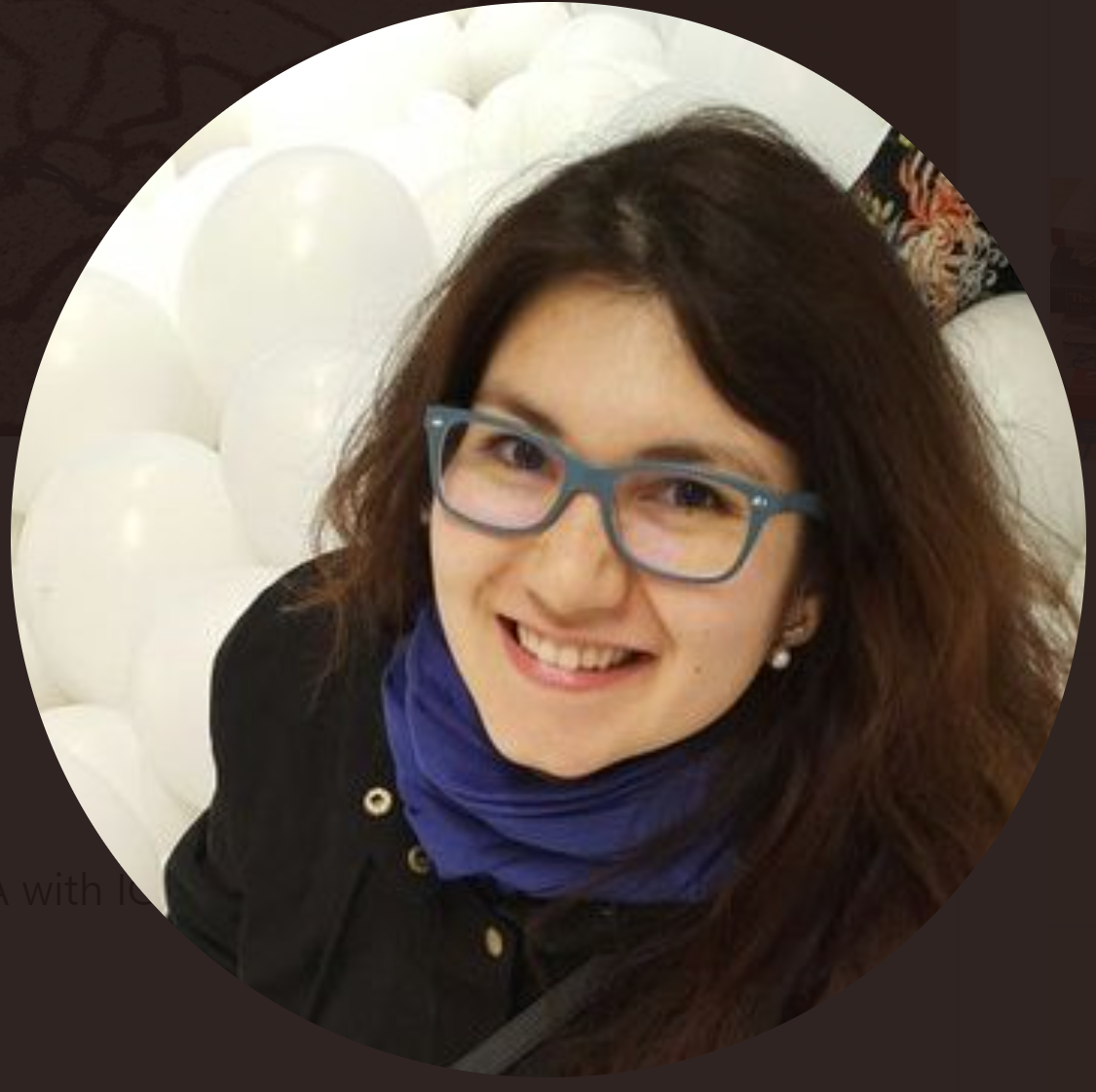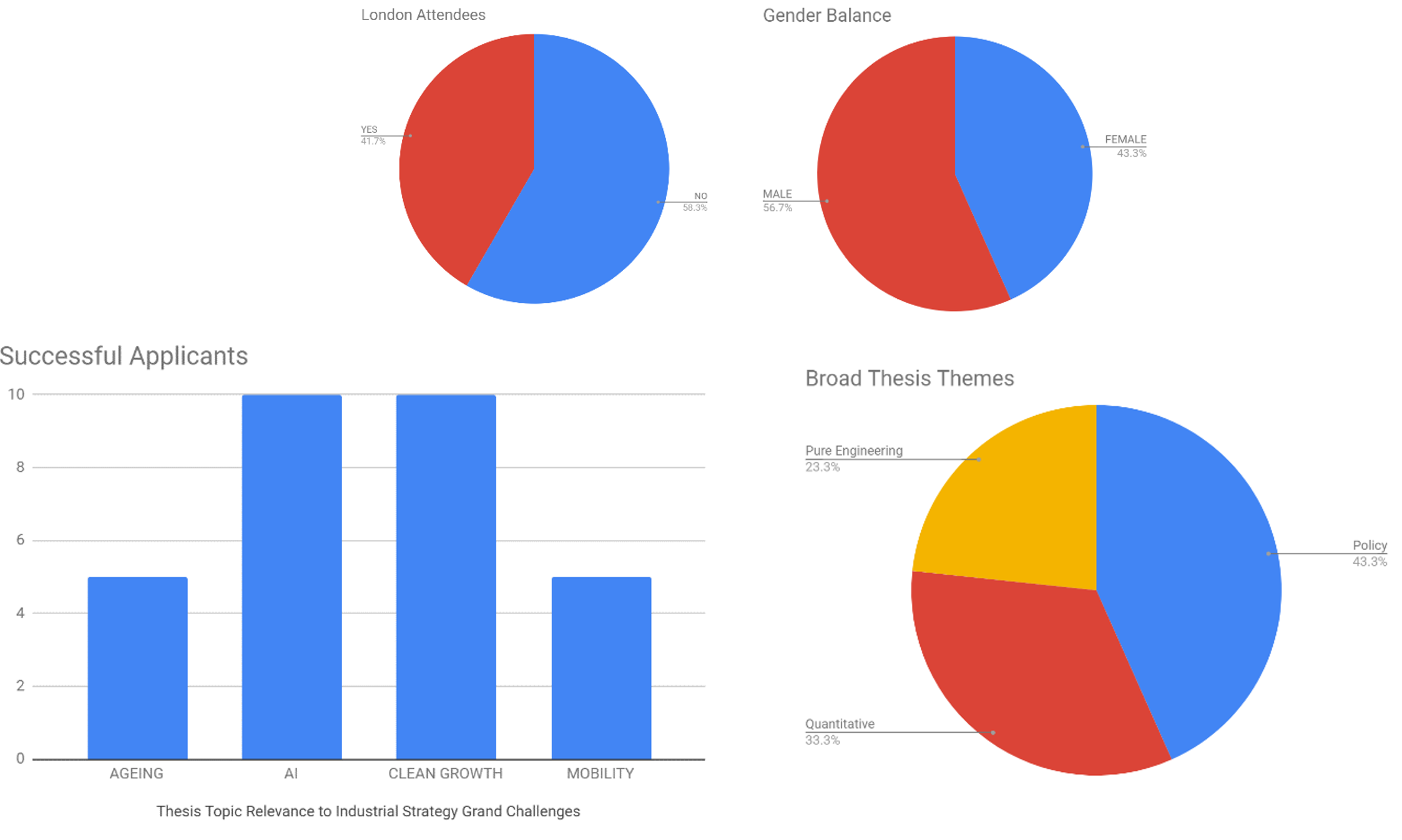Doctoral Summer School for Advanced Spatial Modelling
PhD Summer School, UCL, 2019
I was the grant holder and lead organiser of the SSASM19 PhD summer school.
Overview
The purpose of the EPSRC-funded summer school was threefold: firstly, use the Industrial Strategy as an occasion to introduce doctoral students to core spatial modelling methods relevant to a broad range of topics within engineering and quantitative social science; secondly, use these skills to provide case-studies addressing the four Grand Challenges of the Industrial Strategy whilst generating ideas about improving governmental data products; and finally, foster collaborations between PhD students from different institutions through the hackathon and subsequent conference attendance award.
The event took place over three days. The first two mornings were designed to provide a skills crash course, and the remaining time was used to develop the hackathon projects in pre-assigned teams. Projects teams were assigned based on thesis topics such that each team would fit into the UK National Industrial Strategies’ four Grand Challenges themes. The skills crash course was based on code templates to encourage consistency between groups and their outputs. The summer school also included a discussion panel with Tom Smith, Managing Director of the ONS Data Science Campus, UKRI Future Leaders Fellow Prof. Ana Basiri and Prof. Mike Batty, (CBE, FBA, FRS, FAcSS).
Further information on the event is available on the event webpage: here and following the hashtag: #ssasm19
Participants
The summer school generated strong interest from a diverse range of disciplines and institutions. It received 74 PhD applications from 18 different countries across four continents and expressions of interest from several post-docs within UCL and other institutions. Of these, 30 PhD applicants were selected to form six project teams of five members each. Due to the high demand, applicants were offered a spot after a rigorous process of selection based on their submitted applications. Below is a summary of the final attendees by region and gender; then by contribution direction for the Grand Challenges Hackathon and leaning of their thesis topic relevant to the Industrial Strategy:
This was a great experience to design and organise! Many thanks to the co-organising team: Obi Sargoni and Dr Matt Ng; and also the CASA admin team.
Fantastic people = fantastic summer-school 👌#ssasm19. Cheers, @ucl & @EPSRC! https://t.co/mPzxg700b4 pic.twitter.com/eWXaNwMBx3
— Bonnie Buyuklieva (@Bonnie_0000) August 23, 2019

